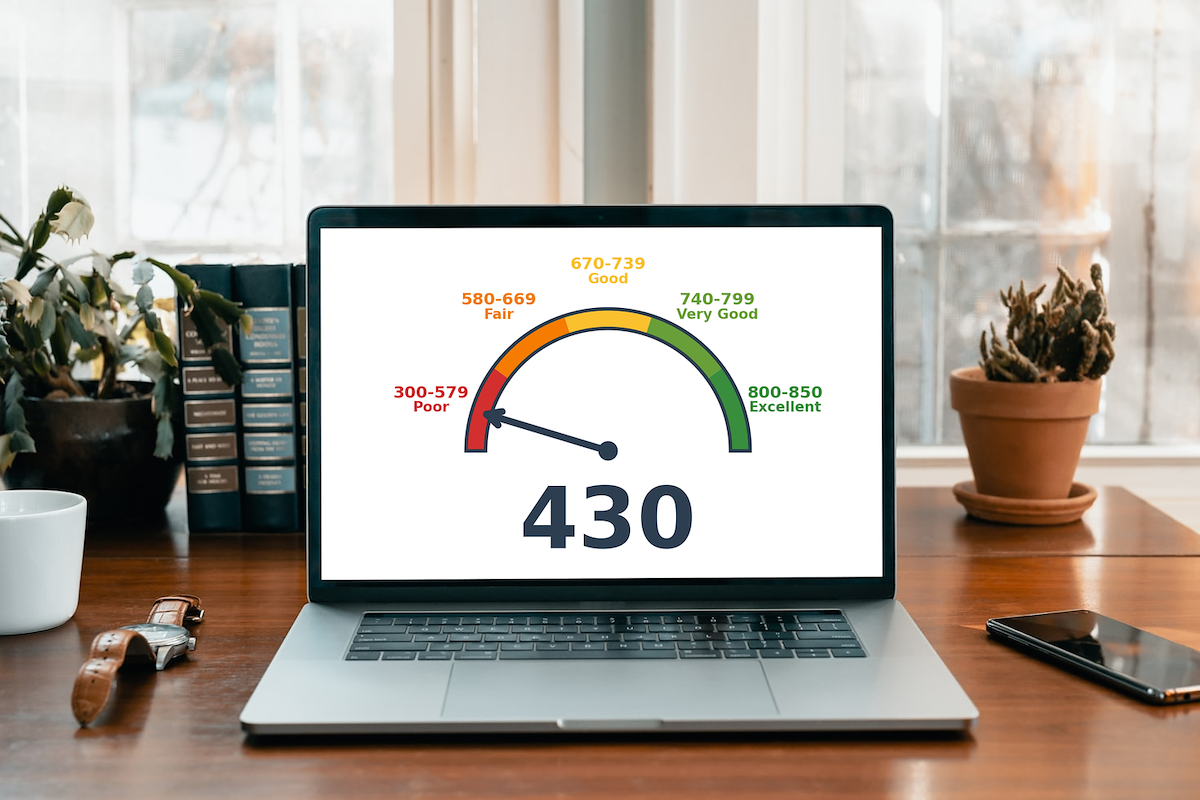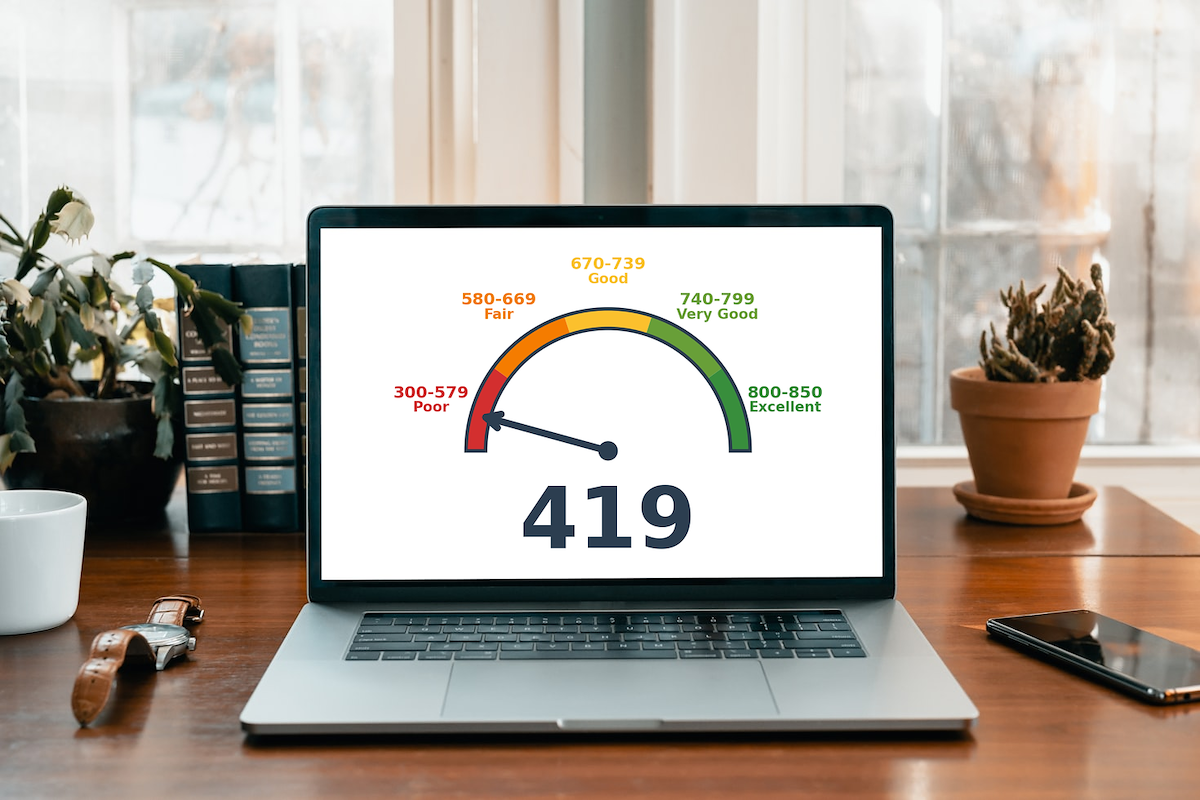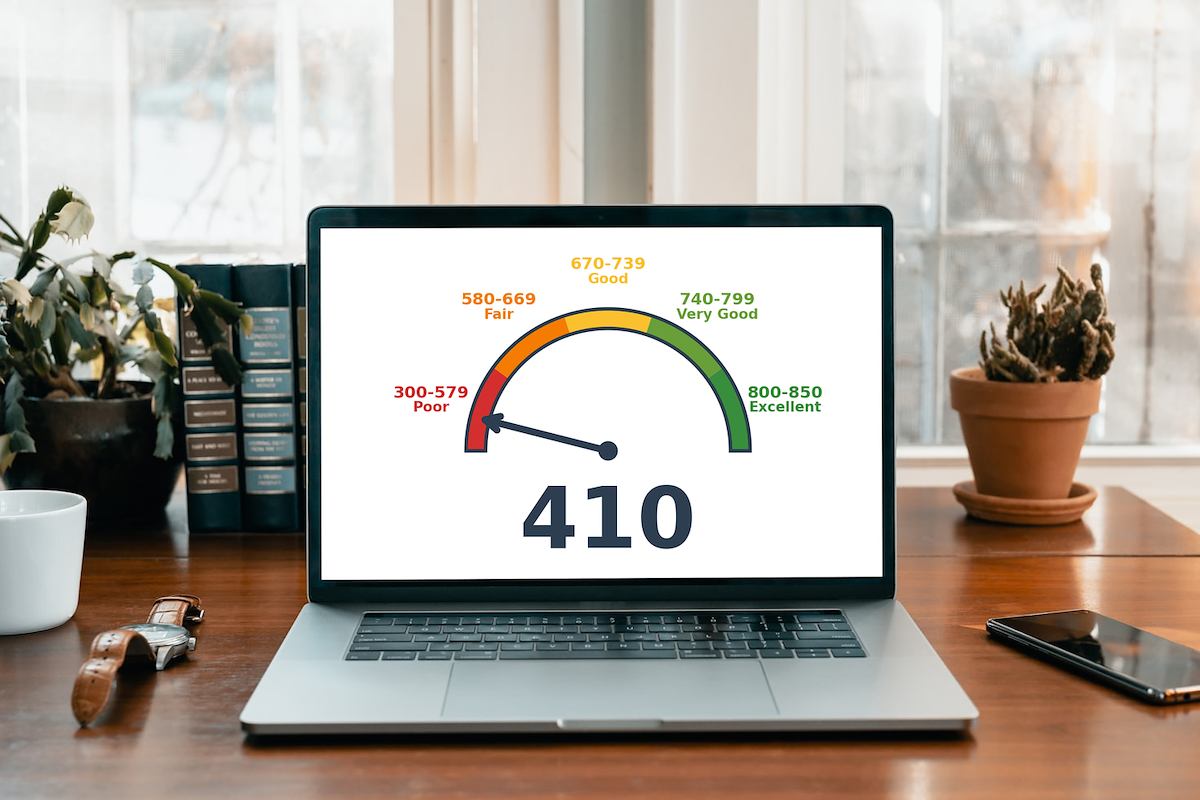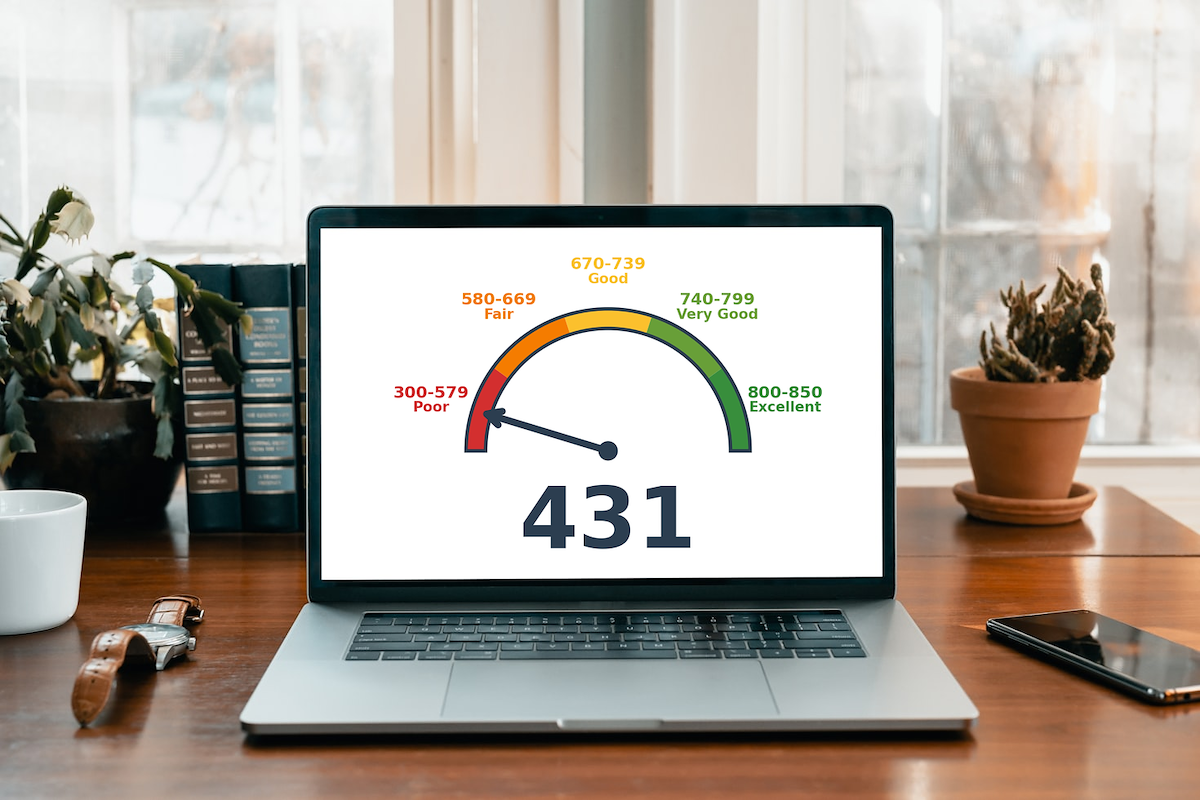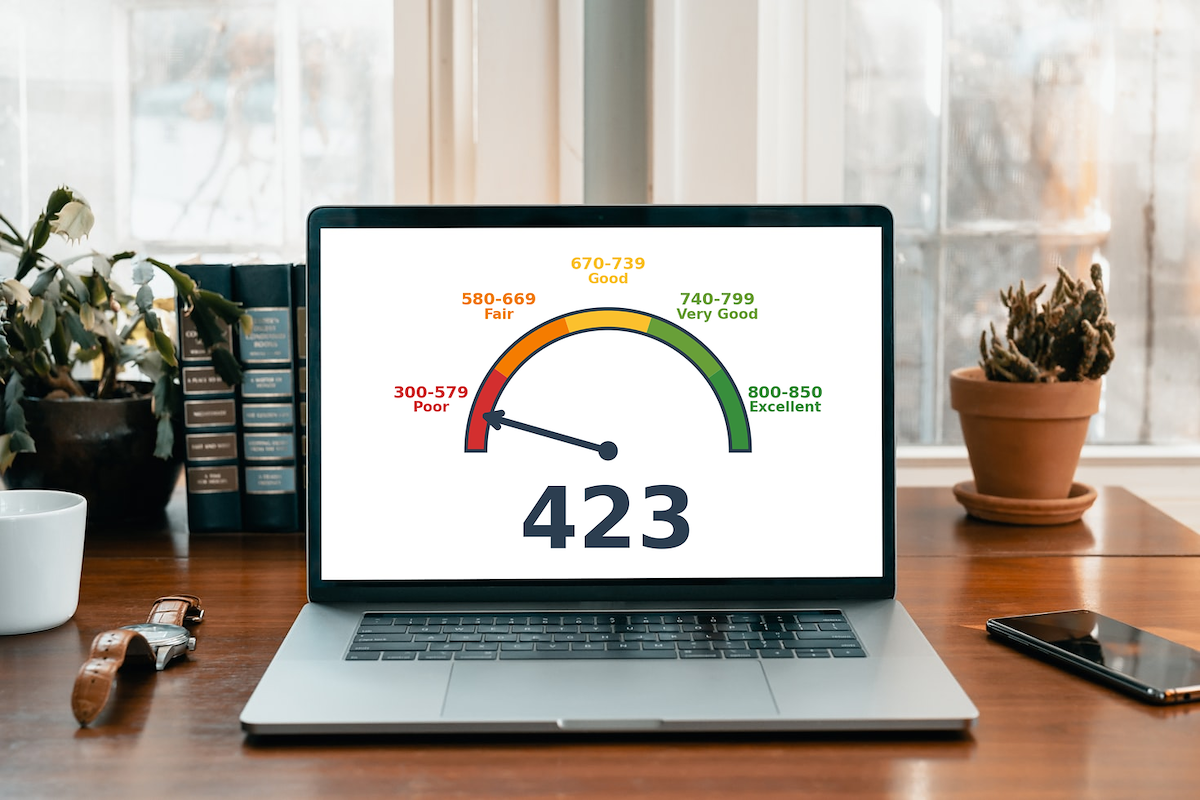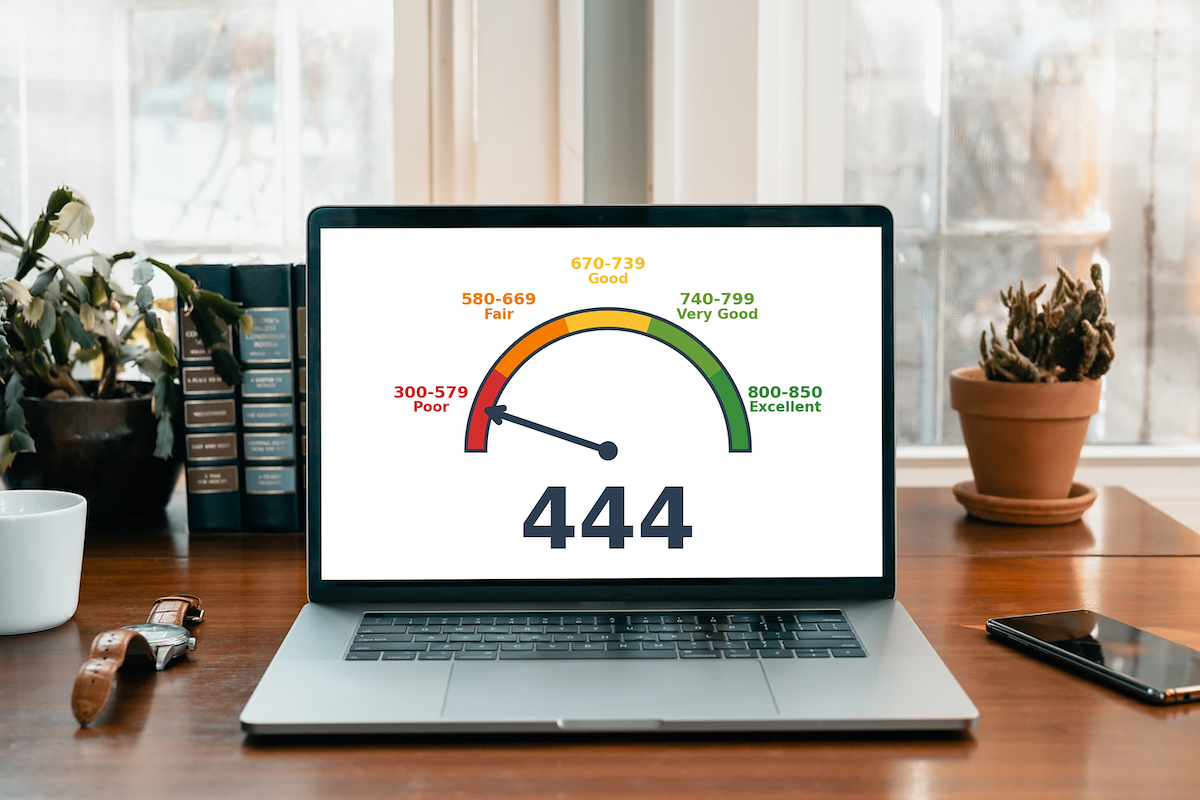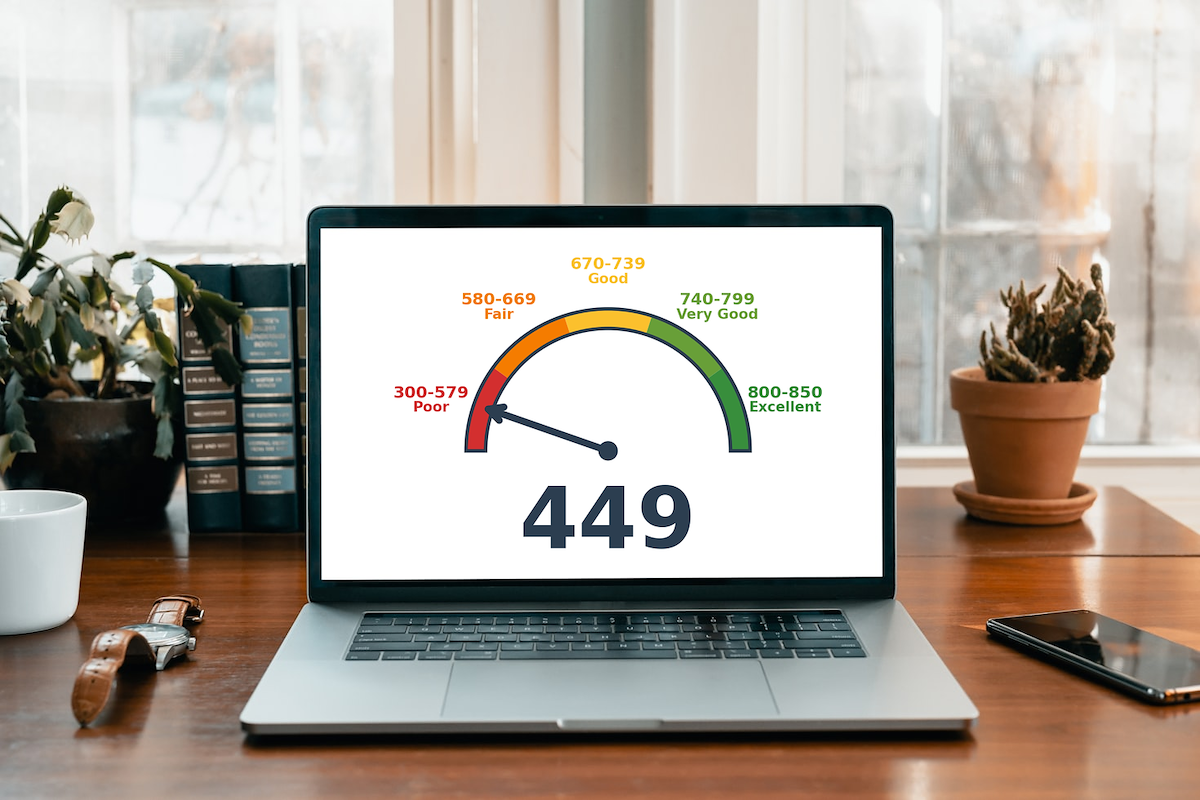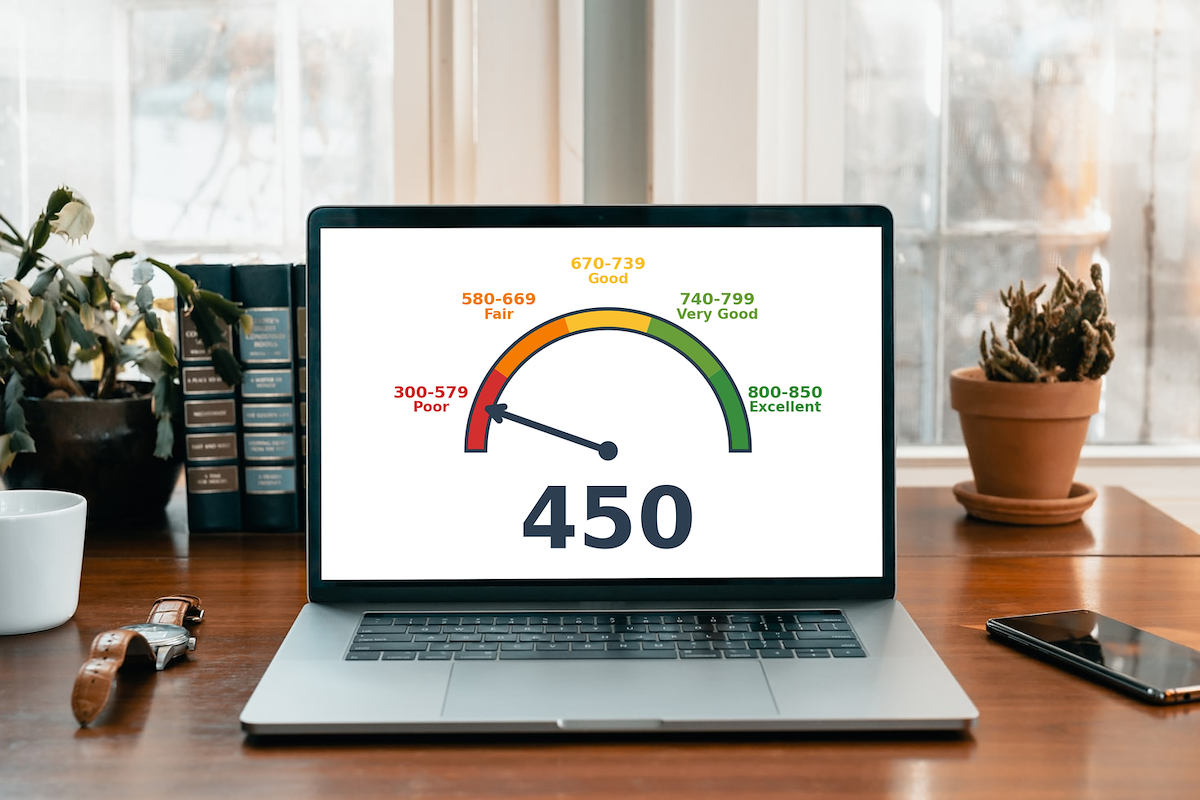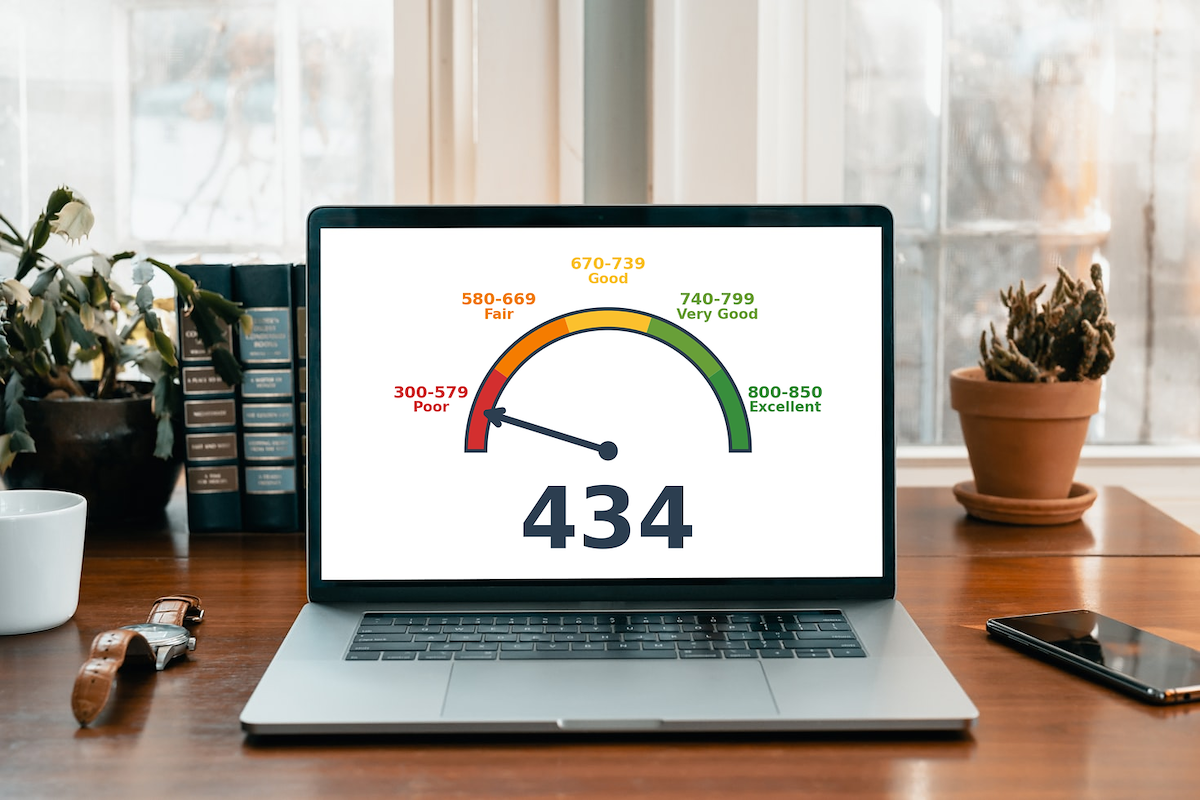
Kudos has partnered with CardRatings and Red Ventures for our coverage of credit card products. Kudos, CardRatings, and Red Ventures may receive a commission from card issuers. Kudos may receive commission from card issuers. Some of the card offers that appear on Kudos are from advertisers and may impact how and where card products appear on the site. Kudos tries to include as many card companies and offers as we are aware of, including offers from issuers that don't pay us, but we may not cover all card companies or all available card offers. You don't have to use our links, but we're grateful when you do!
403 Credit score: What You Need to Know in 2025
July 1, 2025

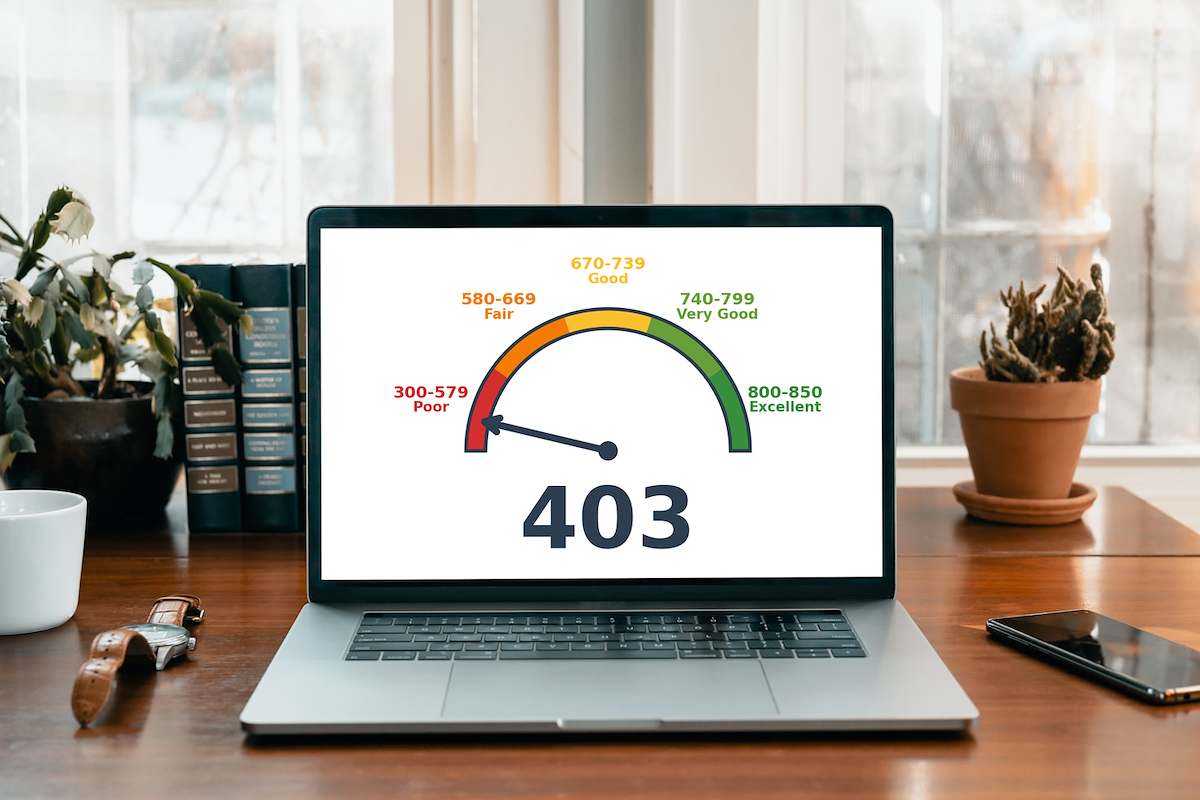
TL;DR
A 403 credit score is a starting point that offers a clear opportunity to build a stronger financial profile. This score falls into the 'Poor' FICO category, signaling specific areas you can focus on to begin improving your creditworthiness.
What Does a 403 Credit Score Mean?
A credit score of 403 places you squarely in the "poor" range of credit scores. FICO scores, one of the most common scoring models, run from 300 to 850, and a score this low signals to lenders that you are a high-risk borrower. This can stem from a history of late payments, high credit card balances, or other negative marks on your credit report. Consequently, your financial flexibility is likely to be severely restricted.
With a 403 credit score, you'll find it challenging to get approved for new loans or credit cards. If you are approved, you can expect to face very high interest rates and unfavorable terms. This score can even impact other areas of your life, like renting an apartment or securing certain jobs. While the situation is serious, it's not irreversible. Understanding your score is the first step toward rebuilding your credit.
Who Has a 403 Credit Score?
While age isn't a direct factor in calculating your credit score, there is a clear correlation between age and the average score. Data shows that scores tend to improve as people get older. Here is the average credit score by generation, based on 2023 Experian data:
- Generation Z (ages 18-26): 680
- Millennials (ages 27-42): 690
- Generation X (ages 43-58): 709
- Baby Boomers (ages 59-77): 745
- Silent Generation (ages 78+): 760
Credit Cards With a 403 Credit Score
A credit score of 403 falls into the "very poor" range, which can significantly hinder your ability to qualify for most traditional credit cards. Lenders view this score as an indicator of high risk, meaning you're likely to face rejections from mainstream card issuers. Your options will probably be limited to products specifically designed for building credit, such as secured credit cards, which often come with less favorable terms.
Kudos offers AI-powered tools that analyze your unique spending habits or quiz-based preferences to provide personalized credit card recommendations from a database of nearly 3,000 cards. This tailored approach helps you discover the best options that align with your specific financial situation and credit-building goals.
Auto Loans and a 403 Credit Score
A 403 credit score places you in the deep subprime category, which can make securing an auto loan challenging. While approval is still possible, you will face significantly higher interest rates—as high as 15.77% for new cars and 21.55% for used cars, according to 2025 data.
- Super-prime (781-850): 5.25% for new cars and 7.13% for used cars
- Prime (661-780): 6.87% for new cars and 9.36% for used cars
- Non-prime (601-660): 9.83% for new cars and 13.92% for used cars
- Subprime (501-600): 13.18% for new cars and 18.86% for used cars
- Deep subprime (300-500): 15.77% for new cars and 21.55% for used cars
Mortgages at a 403 Credit Score
With a 403 credit score, qualifying for a traditional mortgage is highly unlikely. Most government-backed loans have minimum score requirements that are well above 403. For instance, FHA loans, often the most accessible option for borrowers with poor credit, require a minimum score of 500 with a 10% down payment, according to mortgage requirements. While some specialty lenders might consider lower scores, these are rare and come with significant caveats.
Even if you find a lender willing to work with a 403 score, the loan terms would be costly. Expect significantly higher interest rates, a substantial down payment, and a lower borrowing limit. Your application would also undergo manual underwriting, where lenders scrutinize every detail of your financial history, making approval a steep climb. In practice, very few borrowers with scores under 500 are approved for a mortgage.
What's in a Credit Score?
Figuring out what goes into your credit score can feel like trying to solve a complex puzzle, but it generally boils down to a handful of key elements. The most common factors include:
- Your history of making payments on time is the most significant factor.
- How much of your available credit you're currently using, known as your credit utilization ratio, plays a major role.
- The age of your credit accounts, including the average age and the age of your oldest account, is also considered.
- Lenders like to see that you can responsibly manage different types of credit, such as credit cards and loans.
- Opening several new credit accounts in a short period can be seen as a risk and may temporarily lower your score.
How to Improve Your 403 Credit Score
While a 403 credit score can be a significant hurdle, it is entirely possible to improve it with a dedicated strategy. By adopting consistent, positive financial habits, you can take proven steps to rebuild your credit profile over time.
Establish automatic bill payments. Payment history is the largest component of your credit score, so setting up automatic payments ensures you never miss a due date. This is the most critical first step to demonstrate reliability and begin repairing a low score.
Apply for a secured credit card. A secured card requires a cash deposit that typically serves as your credit limit, making it accessible for those with damaged credit. Using it responsibly and making timely payments helps establish a positive payment history that gets reported to the credit bureaus.
Reduce your credit utilization ratio. Aim to use less than 30% of your available credit, as high balances can significantly lower your score. Paying down debt shows lenders you can manage credit responsibly and can provide a relatively quick boost to your score.
Monitor your credit reports. Obtain your free credit reports and check them regularly for errors, as inaccuracies can unfairly drag down your score. Disputing and removing mistakes is a direct way to fix your credit profile and track your progress.
For help managing your cards and maximizing rewards as you rebuild, a financial companion like Kudos can help you make smarter spending decisions.

Supercharge Your Credit Cards
Experience smarter spending with Kudos and unlock more from your credit cards. Earn $20.00 when you sign up for Kudos with "GET20" and make an eligible Kudos Boost purchase.
Editorial Disclosure: Opinions expressed here are those of Kudos alone, not those of any bank, credit card issuer, hotel, airline, or other entity. This content has not been reviewed, approved or otherwise endorsed by any of the entities included within the post.


















